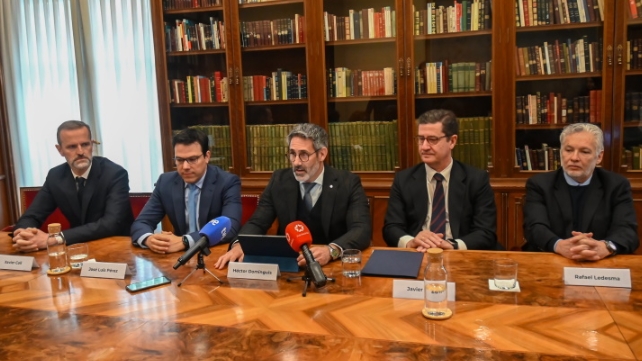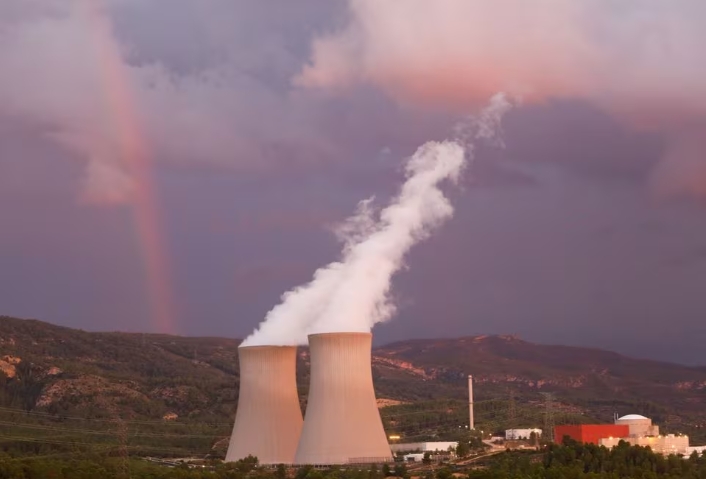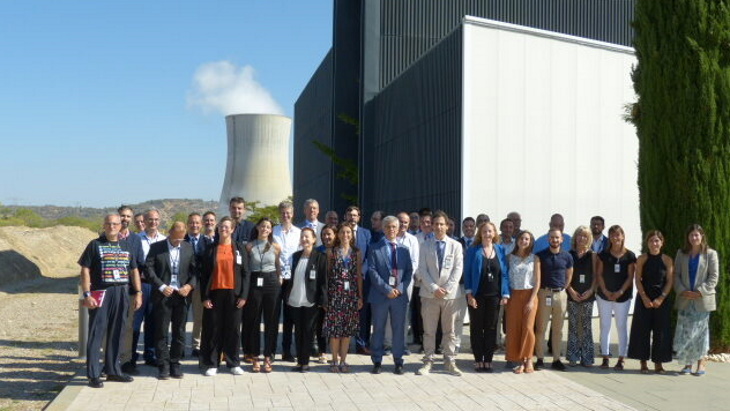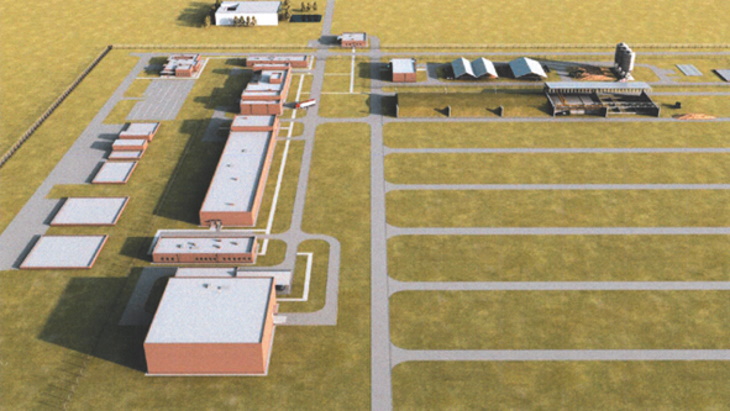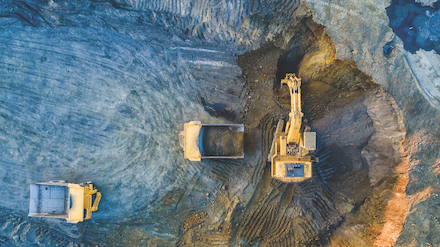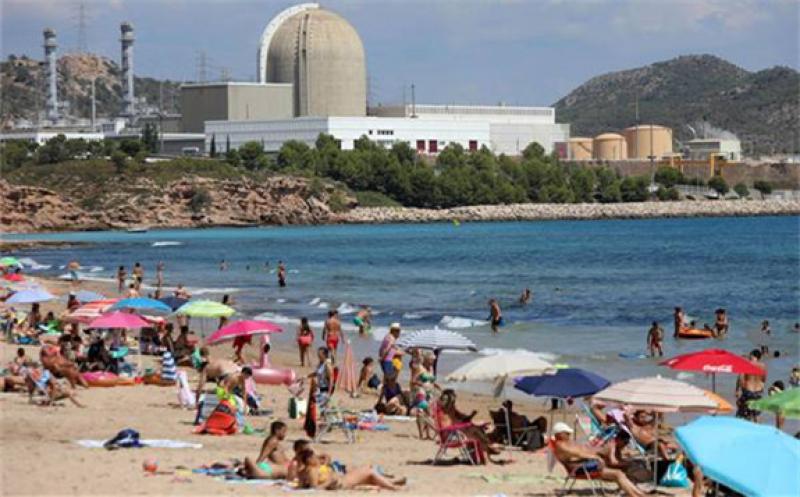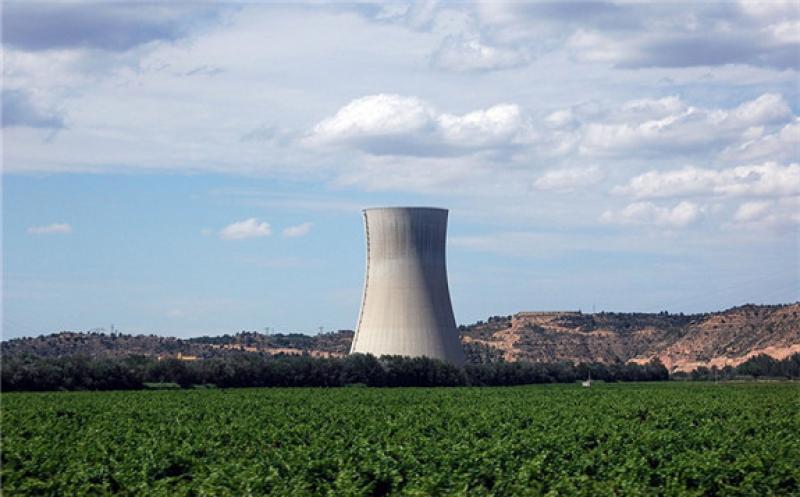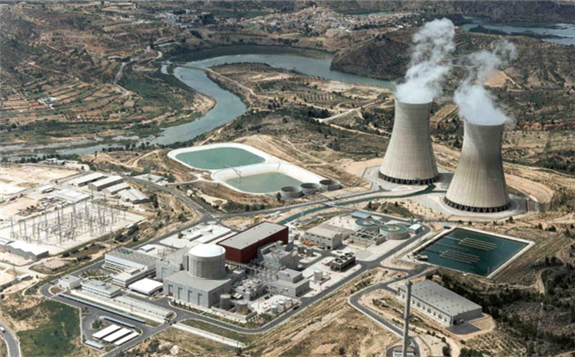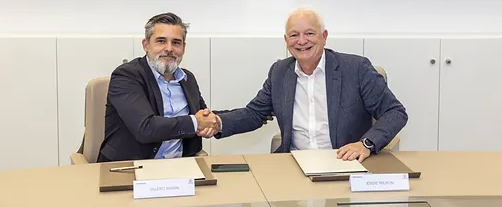
Marin, left and Wilson at Repsol's headquarters in Madrid, Spain, May 4 (Photo: Ryanair)
Ryanair, Europe’s largest airline, and Madrid, Spain-based global energy group Repsol signed a memorandum of understanding (MOU) May 4 to advance the supply of sustainable aviation fuel (SAF) at Ryanair airports across Spain and Portugal, furthering the airline’s “Pathway to Net Zero” strategy.
While SAF is a key enabler of aviation decarbonization, it only accounts for a small fraction of the current jet-fuel usage worldwide.
This agreement with Repsol gives Ryanair access to up to 52 million gallons of SAF between 2025 and 2030, saving approximately 490,000 metric tons in CO2 emissions.
This volume of potential SAF supply is equivalent to more than 28,000 flights from Dublin, Ireland, to Madrid, Spain.
Ryanair has set itself an ambitious goal of using 12.5 percent SAF by 2030 and net-zero emissions by 2050.
The airline said this agreement demonstrates both Ryanair and Repsol’s commitment to working together and investing in SAF supply.
“SAF plays a key role in Ryanair’s Pathway to Net Zero strategy and our goal of using 12.5 percent SAF by 2030,” said Ryanair CEO Eddie Wilson at Repsol’s headquarters in Madrid.
“Achieving this requires multiple different feedstocks and production methods and we’re encouraged that Repsol is looking at multiple solutions,” Wilson continued. “This agreement helps Ryanair secure access to approximately 15 percent of this ambitious goal. Repsol is a key sustainability partner for Ryanair, and we look forward to building on this collaboration as our group grows to carry 225 million passengers annually by 2026.”
Valero Marin, Repsol’s executive managing director of clients, added, “This collaboration agreement with Ryanair, Europe’s leading passenger airline, reinforces our commitment to the aviation sector and it is another step in Repsol’s commitment to renewable fuels. The aviation sector needs solutions such as SAF fuels to support the decarbonization process it is currently undergoing. This also consolidates our position as a multi-energy company with the objective of achieving zero net emissions by 2050.”
